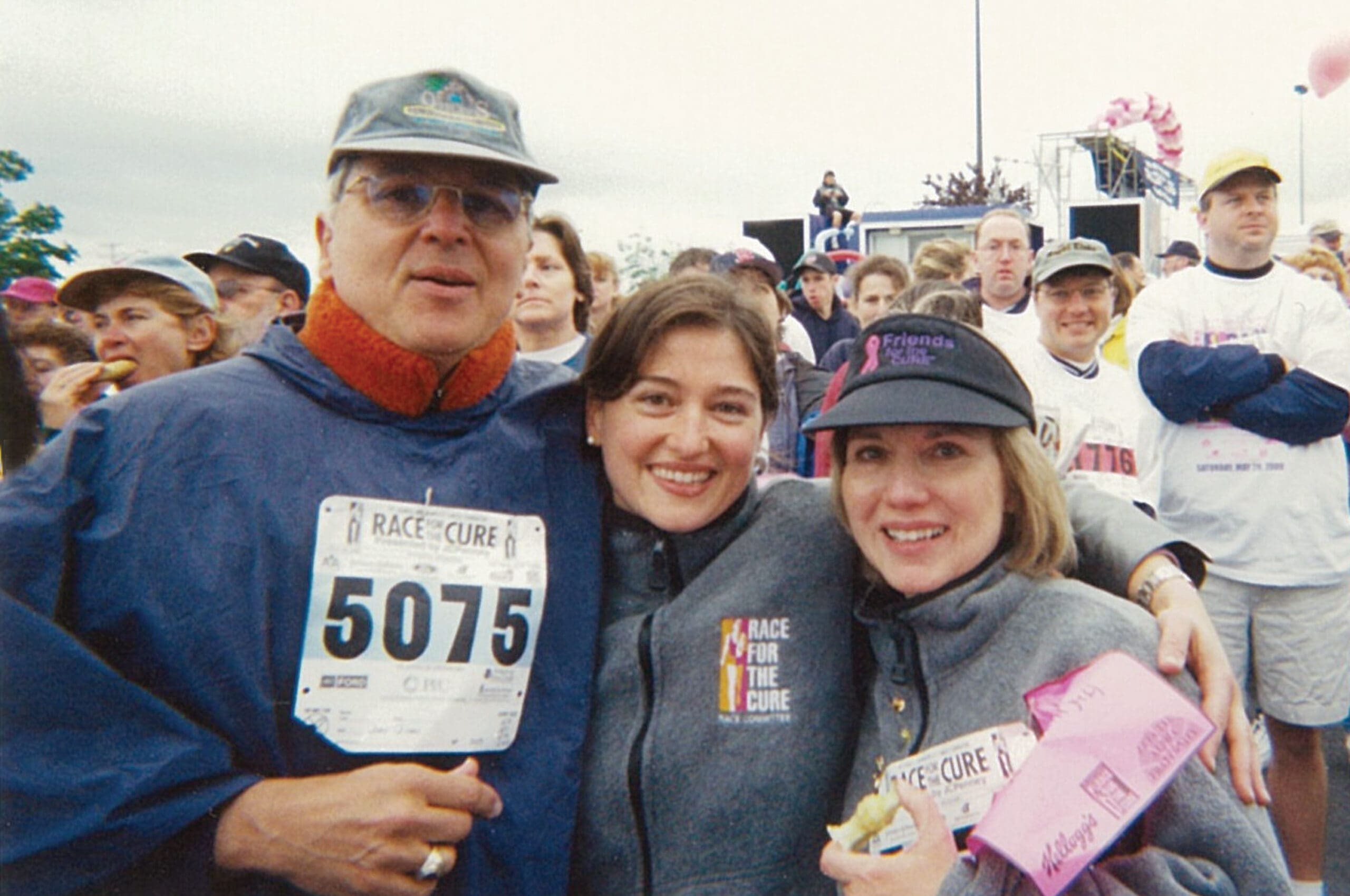Dropping Thin Aspirations
By Holly Lowery
Have you ever wondered when your desire to lose weight began?
It might be easy to blame parents or mentors for their role in “unhealthy” habits, but culture’s drive to be thin started before our parents’ parents had their own struggles with food and body.
First, let’s define “diet culture.” It’s essentially a culture in which dieting and thinness is touted as desirable; it can permeate our lives through marketing by companies and organizations we trust.
Diet culture directly affects our natural relationship with food and movement, and makes feeling good in our own bodies difficult. It tells us if we don’t aspire to thinness, something is wrong.
How many times have you seen an advertisement for some diet plan promising fast results? The spokeswoman looks miserable and slobbish in her former body; then suddenly, she looks glowing, successful and maybe even in a happy relationship. Or maybe she’s decked out in fancy business attire at a new job.
That is diet culture.
You’re sold one fad diet and exercise plan after another; then, if you’re unable to sustain them, you feel guilty. You try a new diet next month, and the yo-yo cycle continues.
We’re bombarded daily by these types of messages, but rarely does anyone address facts regarding weight and health.
Here are a few things people profiting from diet culture might not tell you:
Dieting can decrease your body’s ability to reach its ideal weight.
Your body has a “set-point” weight. Every body is different, but when you let your body do its thing naturally, it returns to its most healthy weight.
Think about it; your body is usually smarter than your brain when it comes to survival tactics. So if you stop interfering with fad diet plans and make more intuitive choices when it comes to food, your body will thank you by returning to its set-point weight.
When you diet, you’re actually triggering your body into survival mode.
The body thinks there’s a famine going on, so it slows your metabolism down and holds extra weight.
Even when you start to eat more “normally,” your body is going to continue holding on to that weight for a while. Eventually it’ll let it go when it realizes there’s no danger of starvation, but that takes time.
And because of society’s lack of patience with a little extra weight, you pick another diet and go at it again, hoping this is when you’ll finally reach and maintain thinness. But you’re repeating the restrict-binge-restrict cycle, which has been associated with cardiovascular disease, hypertension and diabetes — causing more issues than that extra weight might.
Thin doesn’t always mean healthy.
Recent studies have shown weight loss is associated with an increased risk of death, most likely due to the unhealthy methods used to achieve it. Also, no study has proven weight loss prolongs life.
At the end of the day, we’ve been pursuing thinness not for health, but to fit into body standards set for us by diet culture.
So, the question stands: how do you get healthy?
The answer: give your body the space to make more intuitive choices when it comes to food and movement.
Your body innately knows what and when to eat. If you start to let go of all the rules and guilt around food choices — aka dieting — the body will have the space to tell you what it needs.
Eating intuitively is a learned skill. You would think otherwise, but thanks to diet propaganda, sometimes we’re no longer able to exercise the intuitive instinct without a bit of retraining.
What I’m proposing is an alternative to the myriad of diet plans out there, an alternative to the idea that thinness is the key to health. I’m proposing a way to feel happier, sexier, more confident and way less food-obsessed. Are you ready to call a truce with dieting? SWM
Holly Lowery is a health coach, personal chef and workshop leader in Syracuse. This April, she plans to launch Body Truce, a four-month program aiming to help clients develop new health goals and a blueprint for reaching them, and relearn how to eat intuitively. To connect with Holly, visit hollylowery.com.





